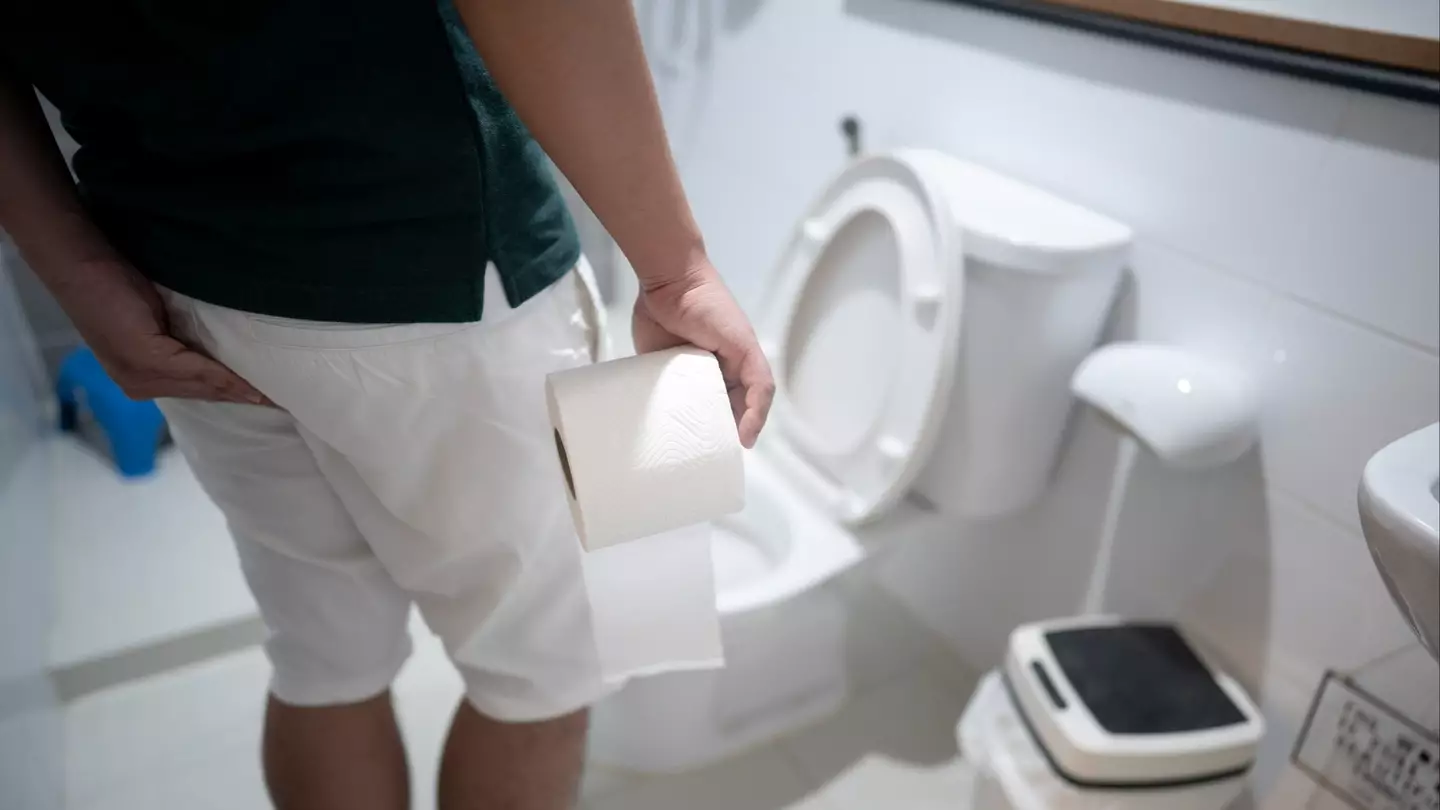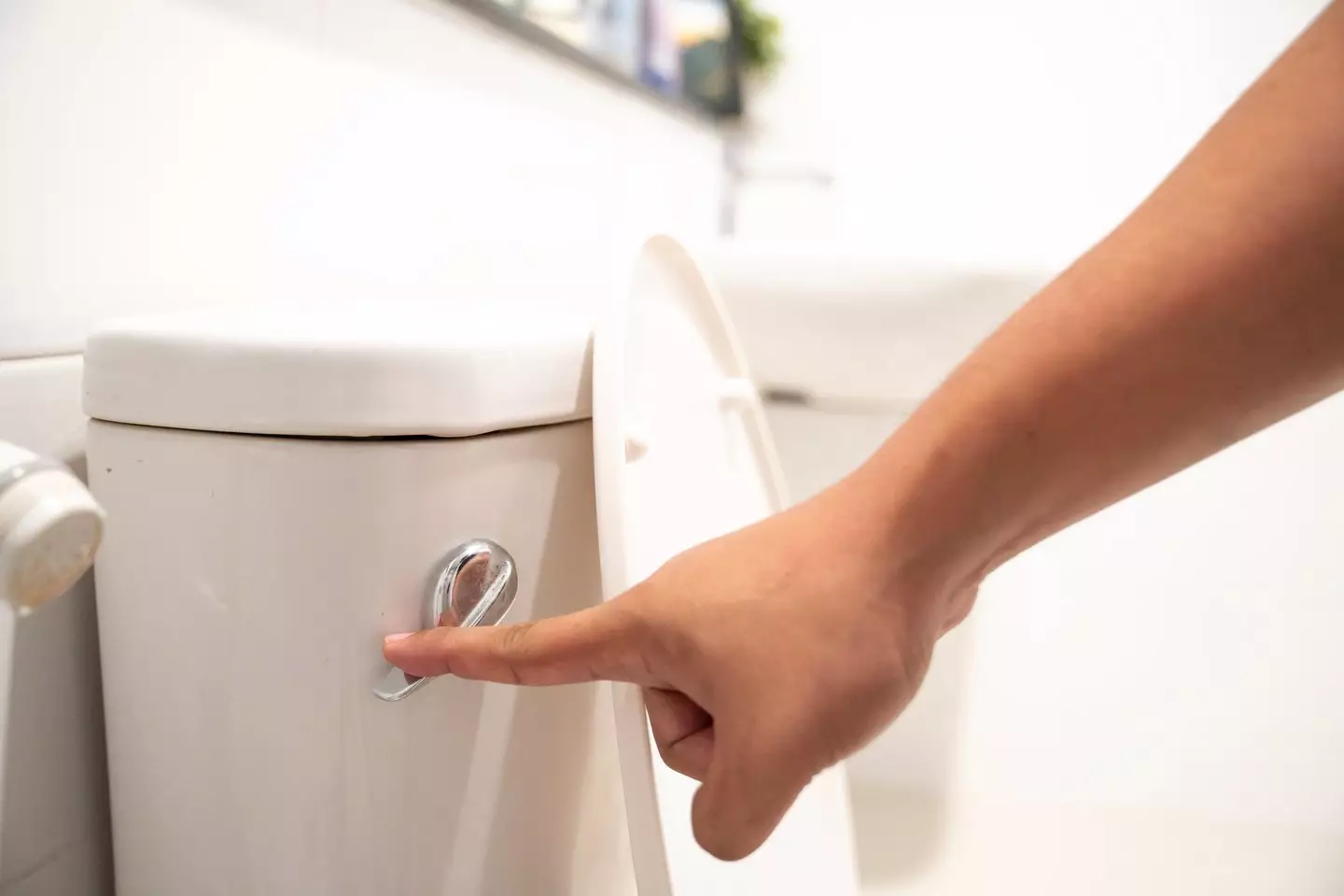
There could be a worrying reality behind you leaving skids all over the toilet bowl whenever you go for a poo.
I know, I know, pooping is a bit of a taboo for some people but I mean, we all do it (and if you don’t, you should probably be getting that checked out).
Plus, your number twos can say quite a bit about your health, from revealing underlying conditions to exposing how good or bad your food habits are.
So, if you’re being left embarrassed or just simply annoyed that you’ve got a cleaning job because of the skids you’ve left in the bowl, you should also be aware that it might be a sign of something that’s going on.
Advert
Let’s be honest though, sometimes it feels like toilets have a weird shape designed specifically to stop our deposits going straight in the water. But it’s the mark they do or don’t leave behind after the flush that could be indicating something.

The reality of too many skids
So, if you’re poop is sticking to the side of the toilet bowl then that could suggest that, you guessed it, your poop is sticky.
Often, this can mean that there’s a lot of mucus in your poo and the most common reason behind this is a diet that’s high in fat and low in fibre. Those include the likes of fattier cuts of meat, whole milk dairy products, oils, butter and greasy or fried foods.
Sticky poo could also be due to certain medications that can cause constipation and make things denser and stickier.
But it could also potentially be down to Irritable Bowel Syndrome (IBS) or Inflammatory Bowel Disease (IBD) like Crohn’s disease or ulcerative colitis.
These can change your digestion habits and cause inflammation in the digestive tract.

What to do about it
If you do have a high fat, low fibre diet, then it’s worth remedying that. Get yourself more fibre into your day by eating the likes of beans, lentils, berries, pears, apples, leafy greens and whole grains.
And try to cut down on the fattier things healthily if you can. Staying hydrated and exercising regularly are also helpful for your bowels and digestive system.
But if the sticky poops are an ongoing issue for you, it’s important to seek treatment from your GP or a healthcare professional.
Seek medical assistance if your bowel habit changes go on and if you have a fever, unexplained weight loss, blood in the stool or fatigue.
If you’re concerned about your health, you should always seek advice from a certified healthcare professional.
Topics: Health